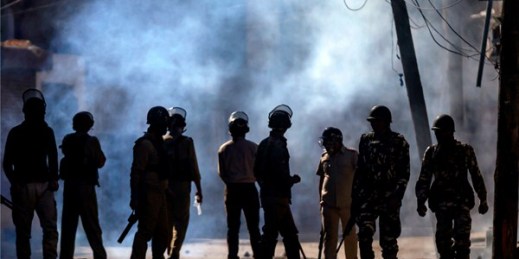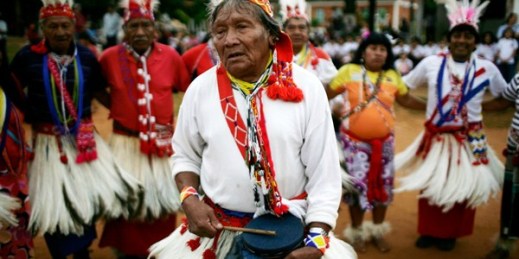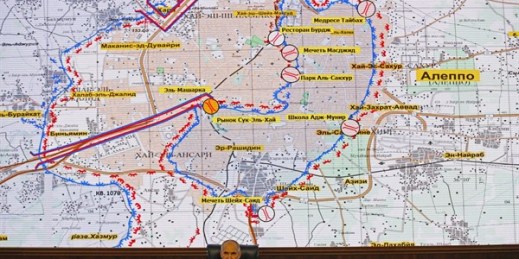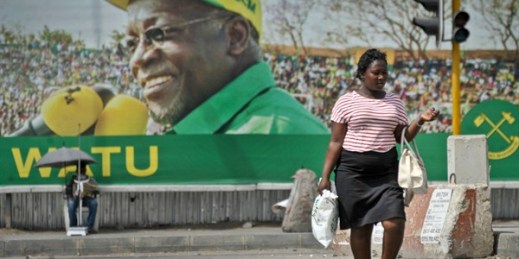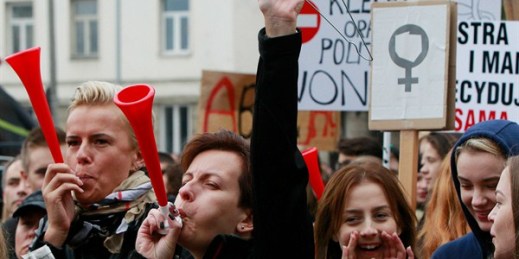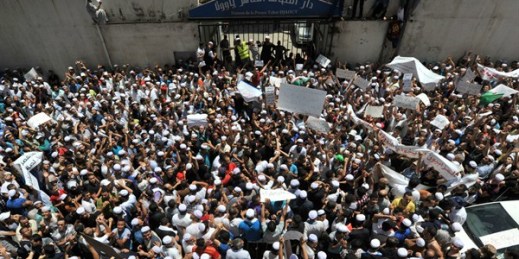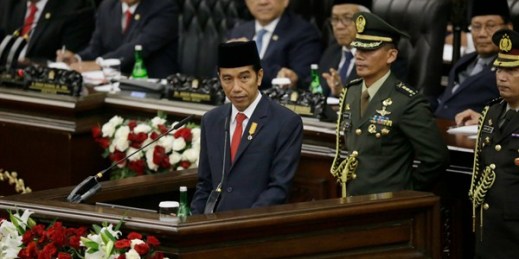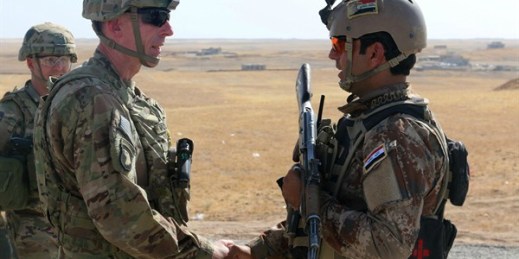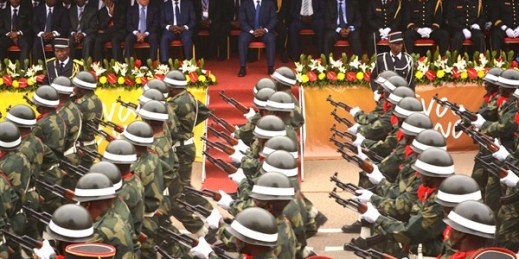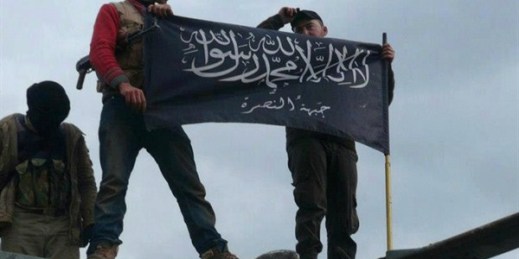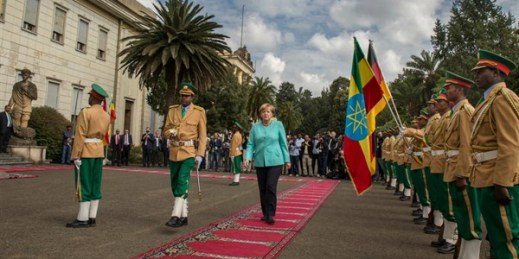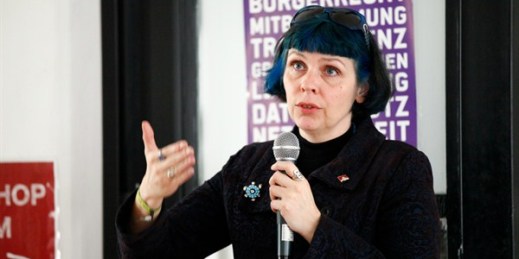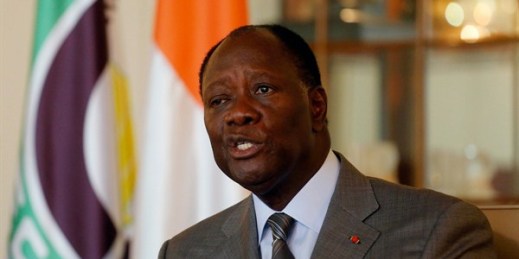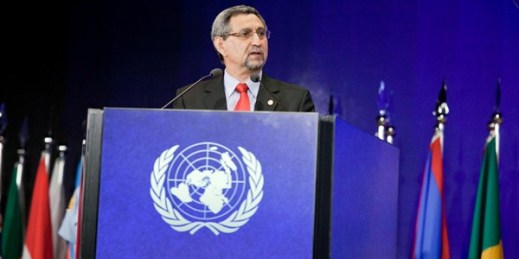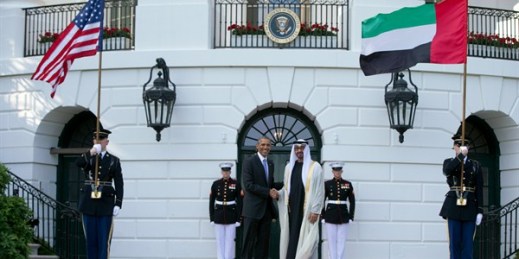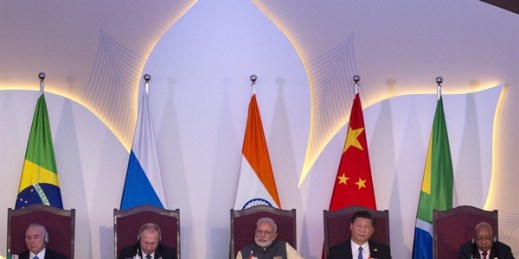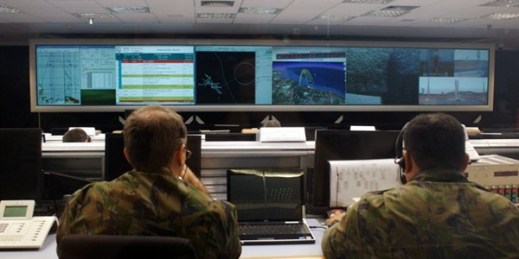
Editor’s note: This article is part of an ongoing WPR series on a range of countries’ space priorities and programs. Brazil’s space agency recently announced plans to develop a microsatellite launch vehicle that would take satellites weighing up to 1 kilogram into orbit. The first test launch is scheduled for late 2018. In an email interview, Robert Harding, the head of the political science department at Valdosta State University, discusses Brazil’s space program. WPR: What are Brazil’s space capabilities, in terms of its domestic public and private space-industrial complex, and who are its major international partners, in terms of space […]

